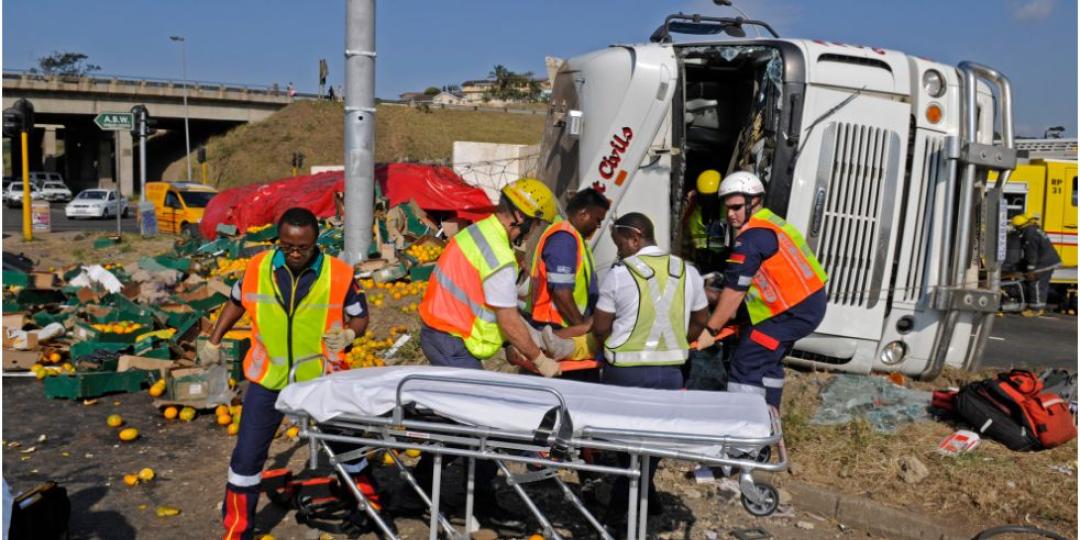Fleet management is a term used to describe the management of any/all aspects relating to a company’s vehicle
Fleet vehicles can be defined as vehicles over which a business has some degree of influence in their selection and operation.
These are the characterstics associated with fleet management:
- Vehicle tracking: This is the most basic function of fleet management and is either GPS based or based on a cellular triangulation platform
- Mechanical diagnostics: Advanced fleet management systems connected with onboard computers gather information on distance, fuel consumption etc.
- Driver behaviour: The data provided by the tracking system and onboard computers provides details on driver behaviour – a valuable tool to enhance safety on the road
The transport environment has undergone significant changes over the past few years – and so too has the importance of effective fleet management.
Objectives of fleet safety management:
- Vehicle accident prevention
- Accident investigation/analysis and reporting
- Improved safety on the road
- Driver education and driver alertness
Advantages of effective road risk strategies by fleet managers:
- Effective control over costs such as insurance premiums, fuel bills and repair costs.
- Ability to make informed decisions about purchasing vehicles and training drivers.
- Less time on paperwork, lowered vehicle repair and maintenance bills
- Reduced likelihood of an employee being involved in an accident.
- Reduced running costs with employees driving more professionally and efficiently.
Objectives of fleet management for safety:
- Drivers less fatigued and healthy
- Vehicle accident prevention
- Accident investigation/analysis and reporting
- Improved safety on the road
- Driver education and driver alertness
Technology and the possible impact on fleet management and road safety:
Fleet management companies invest large amounts in research and development - enabling operators to have better control over their fleets. Onboard computers provide fleet managers with detailed reports on behaviour of both driver and vehicle. These reports are used to modify driver behaviour and can also be used in accident prevention, accident analysis and reconstruction.
The most important technologies to impact on road safety are:
- The Tachograph – used effectively in many countries for the commercial transport of goods and passengers. Data recorded include driving time, road speed, distance travelled, engine load etc.
- The Accident Data Recorder – developed to provide details on the causes of accidents.
Source: Arrive Alive













